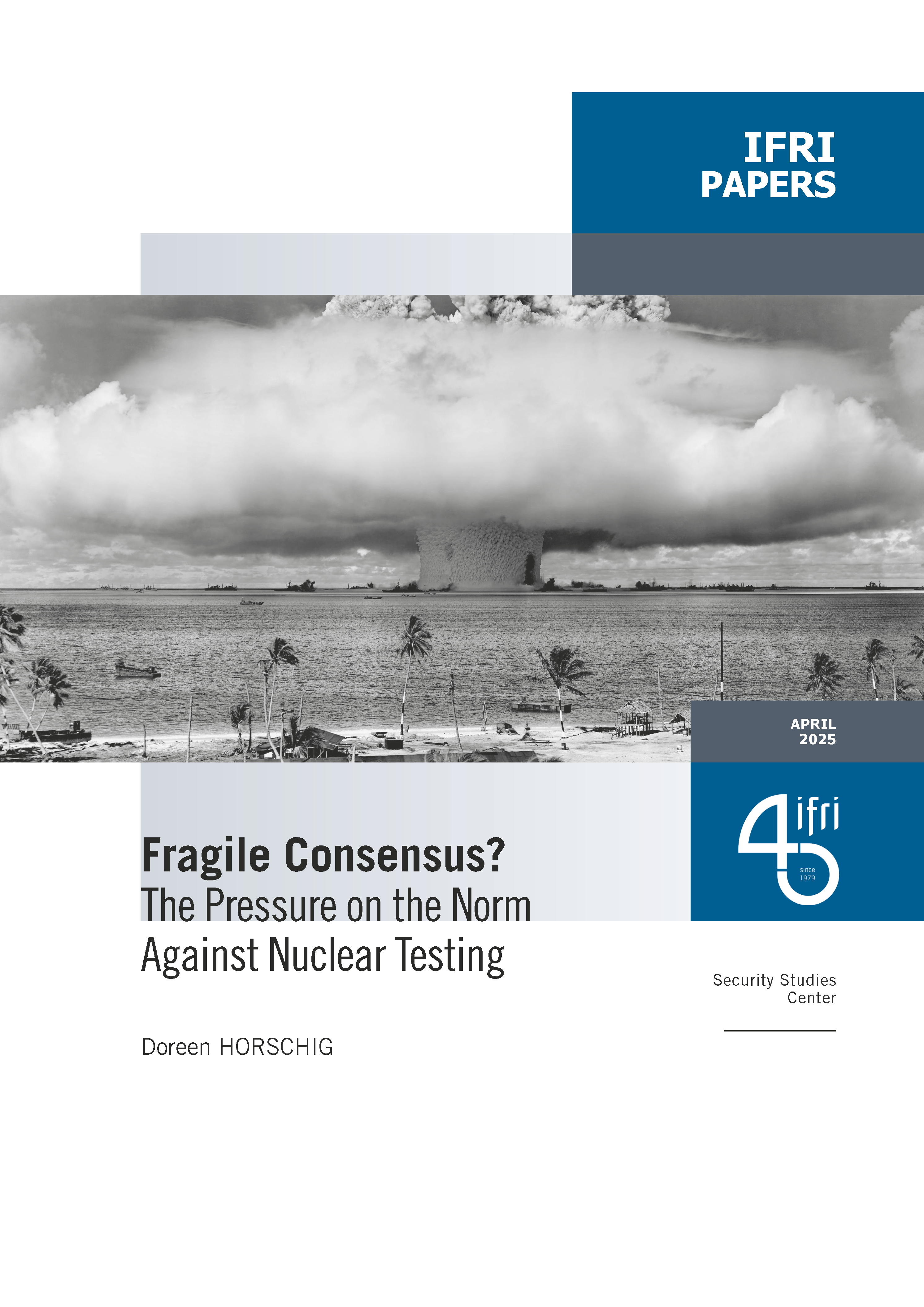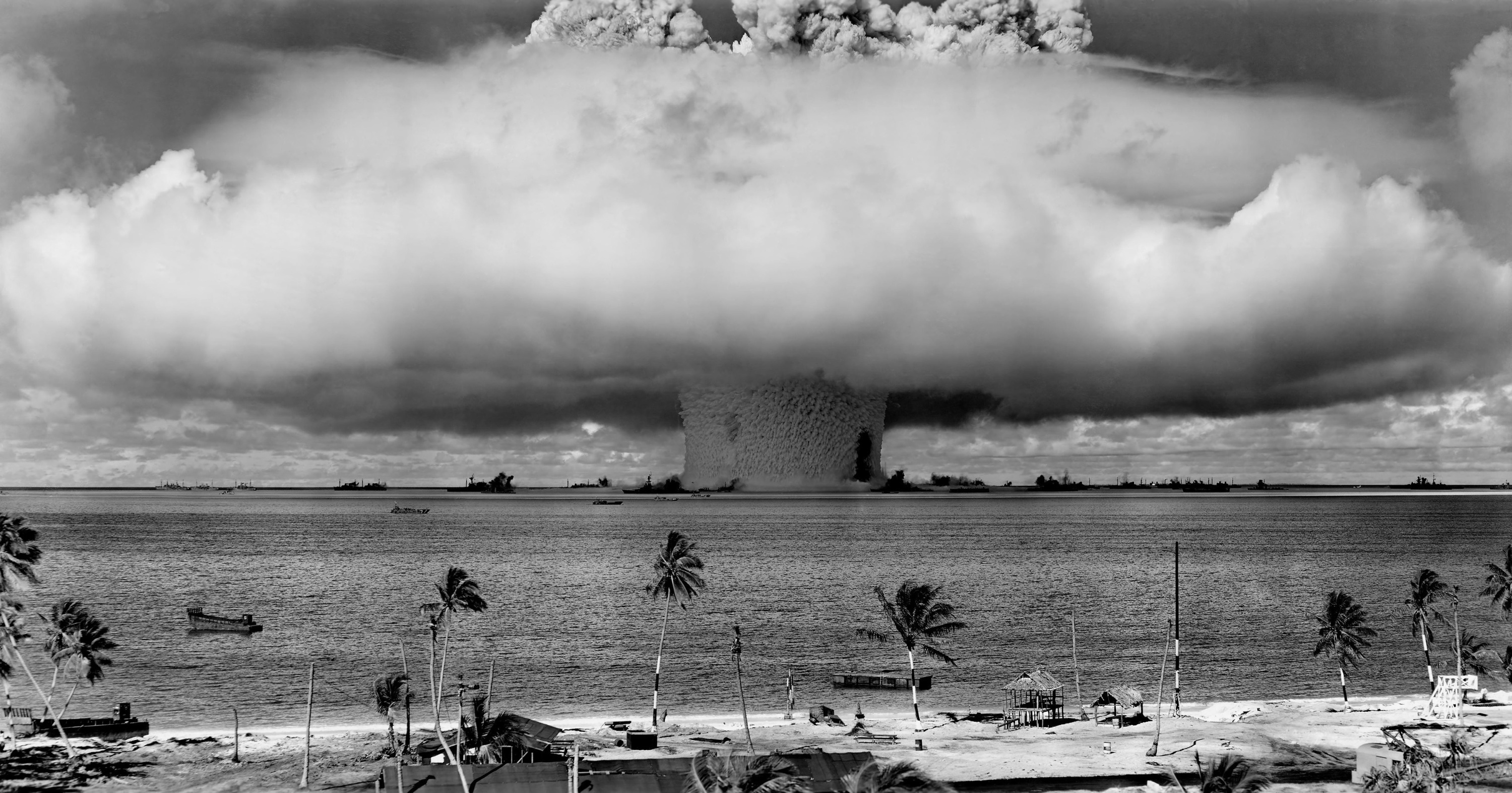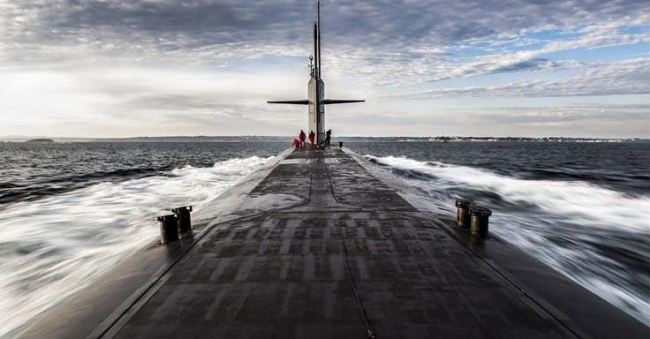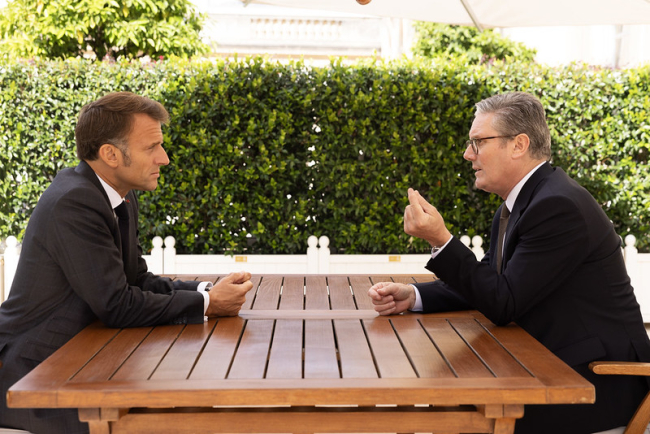A Fragile Consensus? The Pressure on the Norm Against Nuclear Testing

Apart from North Korea, no state has conducted explosive nuclear tests in the 21st century, reflecting the emergence of a strong international norm against such testing.

This norm developed under scientific, public, and strategic pressure, leading to the Partial Test Ban Treaty in 1963 and later to the Comprehensive Nuclear-Test-Ban Treaty (CTBT) in 1996. Although the treaty has not yet entered into force, its global monitoring system has made secret testing nearly impossible, and major nuclear powers have maintained voluntary moratoriums. After the Cold War, computer-based simulations replaced physical tests, further reinforcing the ban.
However, recent global developments suggest that the norm against nuclear testing is increasingly being challenged by nuclear powers. Russia and China have been accused of conducting low-yield nuclear tests: Russia’s primary objective appears to be intimidating the West, while China’s motivation is driven by technical considerations. North Korea has conducted physical tests to verify and enhance the reliability of its nuclear arsenal, but also to demonstrate its progress. Concerns have also emerged over the possibility of the United States resuming testing, especially since the CTBT has not yet been ratified.
Yet, open-source evidence suggesting that Russia, China, or the United States are seriously considering a return to explosive testing remains limited. Most declarations have been conditional threats or made by former officials. Today, nuclear tests and the threat of testing serve diverse strategic purposes. Once primarily focused on technological development and arsenal technical reliability, they have now become instruments of geopolitical pressure and power demonstration.
The international community should remain committed to preventing further explosive nuclear tests. The P5 framework provides a valuable platform for addressing these issues. Non-nuclear weapon states can also take various measures to reinforce the norm against testing, such as isolating norm violators, advocating for strengthening the CTBT’s International Monitoring System (IMS), and globally supporting the CTBTO.

Available in:
Themes and regions
ISBN / ISSN
Share
Download the full analysis
This page contains only a summary of our work. If you would like to have access to all the information from our research on the subject, you can download the full version in PDF format.
A Fragile Consensus? The Pressure on the Norm Against Nuclear Testing
Related centers and programs
Discover our other research centers and programsFind out more
Discover all our analyses
Mind the Deterrence Gap: Assessing Europe’s Nuclear Options
Europe must urgently confront a new nuclear reality. In recent years, Russia’s nuclear-backed revisionism has reintroduced nuclear coercion and the threat of nuclear escalation to the continent, underscoring the importance of credible nuclear deterrence. At the same time, Europe’s traditional reliance on US extended nuclear deterrence appears politically more fragile than at any point since the Cold War. Together, these developments require Europeans to think about their nuclear options.
Saudi Arabia’s Nuclear Temptations. Lessons Learned from Regional Instability
Saudi Arabia’s integration in the international arena and regional stability, notably through reducing its dependence on fossil energies, are crucial elements for the success of the Kingdom’s Vision 2030, the Crown Prince’s top priority. However, Mohammed bin Salman’s declarations in 2018 and 2021, indicating that “if Iran develops a nuclear bomb, we will follow suit as soon as possible”, combined with the recent strikes on key Iranian nuclear facilities, do not bode well for the future of the Kingdom, the region and the non-proliferation regime at large.
How should Britain and France cooperate to realise the Northwood Declaration?
During his state visit to the United Kingdom (UK) last week, Emmanuel Macron, President of France, signed a joint declaration with Sir Keir Starmer, Prime Minister, on nuclear cooperation between Britain and France. The Northwood Declaration highlights that while both countries’ nuclear arsenals remain sovereign, cooperation on nuclear deterrence can ‘contribute significantly’ to the security of the North Atlantic Treaty Organisation (NATO) and the Euro-Atlantic region.
The Evolving Role of Nuclear Rhetoric in Iran’s Strategic Calculus
How has the Iranian strategic discourse about nuclear weapons and deterrence evolved?










